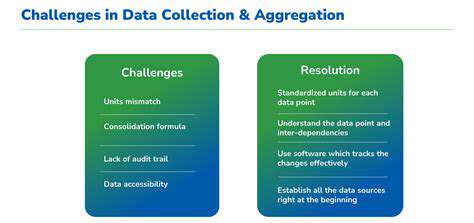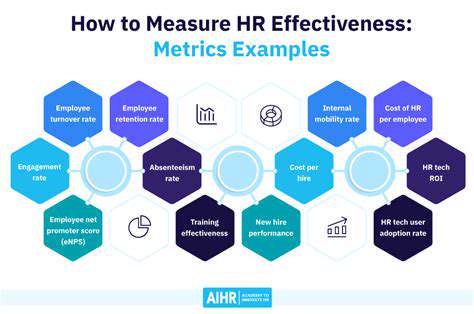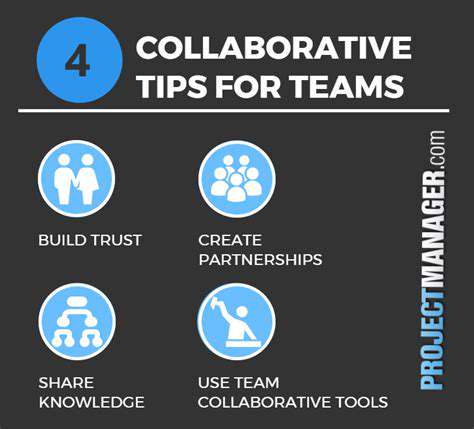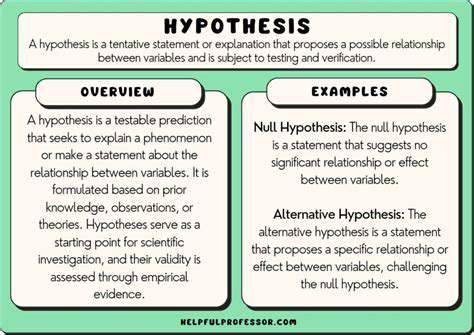Negative Keywords: Preventing Wasted Ad Spend
Understanding the Concept of Exclusion
Effective marketing hinges on understanding your ideal customer. Identifying and focusing on this specific group allows for more targeted campaigns, leading to increased conversion rates and a more efficient use of marketing resources. However, equally crucial is knowing *who you're not trying to reach*. This is where negative keywords come into play. Negative keywords are search terms that tell search engines to exclude your ads from appearing in searches containing those terms. This exclusion is a powerful tool in preventing your ads from showing to audiences who aren't likely to convert into paying customers.
By excluding irrelevant searches, you ensure that your marketing budget is spent on people who are genuinely interested in your products or services. This targeted approach is far more effective than casting a wide net and hoping for the best. It's a crucial step in optimizing your campaigns and maximizing their return on investment. Think of it as a filtering mechanism that refines your audience to those most likely to be receptive to your message.
Practical Application of Negative Keywords
Implementing negative keywords isn't just about avoiding irrelevant searches; it's about crafting a highly refined marketing strategy. By identifying terms that don't align with your target audience, you're effectively eliminating wasted ad spend. For example, if you sell high-end leather handbags, you might want to exclude keywords like cheap handbags, discount handbags, or handbags under $50. These terms represent a search intent that's outside your product offerings and would lead to frustrated users and potentially negative reviews.
Beyond simple price points, negative keywords can encompass various factors. Consider your brand's unique selling proposition. If you specialize in eco-friendly products, you might want to exclude keywords related to non-sustainable materials. Thorough research into your target audience's search habits is essential for identifying these nuances and maximizing the effectiveness of your negative keyword strategy. This careful exclusion can lead to significantly higher conversion rates and a more positive user experience by focusing your ad spend on the right audience.
Furthermore, negative keywords can address competitor searches. If you're in a competitive market, using negative keywords related to your primary competitors can help you avoid showing your ads to users actively looking for those competitors' products. This strategy helps you focus on customers actively seeking your specific value proposition, rather than those looking for alternatives.
Negative keywords are not just about avoiding specific terms; they are about understanding the nuances of your target market and their search behavior. This understanding is key to optimizing your ad campaigns and ensuring they resonate with the right audience, ultimately driving conversions and maximizing your marketing ROI.
By proactively excluding unwanted searches, you're not only saving money but also ensuring that your marketing efforts are reaching the right people at the right time, leading to a more effective and profitable marketing strategy.

Expanding Your Negative Keyword Strategy: Beyond the Basics
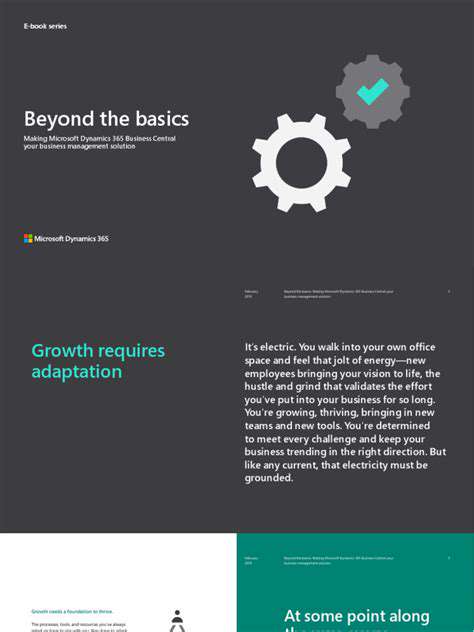
Negative Keywords: The Foundation of Effective PPC
Negative keywords are crucial for optimizing your pay-per-click (PPC) campaigns. They help you target your ads only to users who are genuinely interested in your products or services, preventing wasted ad spend on irrelevant searches. By identifying and implementing negative keywords, you can significantly improve your campaign's efficiency and return on investment (ROI). Understanding their importance is the first step towards success in PPC.
Precise targeting is the key to a successful PPC campaign, and negative keywords are the cornerstone of this precision. They're not just about excluding searches; they're about ensuring your ads are shown to the right people, leading to higher conversion rates and a more streamlined customer journey.
Identifying Irrelevant Keywords and Phrases
A crucial aspect of PPC success is identifying searches that are not relevant to your business. These irrelevant searches are often represented by keywords or phrases that, while related to your industry, do not lead to conversions. Identifying these and adding them as negative keywords can prevent your ads from appearing for searches that yield little to no results.
Thorough keyword research is essential for identifying these irrelevant searches. Tools and techniques for this research will help you to avoid wasting ad spend on keywords that do not align with your business goals. This process also helps you to refine your target audience and ensure that your marketing efforts are focused on the most promising leads.
Broad Match vs. Phrase Match vs. Exact Match
Understanding the different match types for negative keywords is vital. Broad match negative keywords exclude searches that contain the exact keyword, but also searches that are semantically related. Phrase match negative keywords exclude searches that include the exact phrase, but also searches that have the same meaning. Exact match negative keywords, on the other hand, exclude searches that are an exact match to the keyword or phrase you define.
Choosing the right match type for your negative keywords is essential to avoid missing relevant searches while effectively excluding irrelevant ones. This nuanced approach ensures that your campaigns are efficient and effective in reaching your target audience.
Using Tools and Resources to Enhance Your Strategy
Leveraging PPC tools and resources can greatly improve your negative keyword strategy. Many platforms provide keyword research tools and negative keyword suggestions. Using these tools can identify additional search terms that might be irrelevant to your offerings. By analyzing data from your campaigns, you can identify keywords that are driving low-quality traffic.
Analyzing campaign data is crucial for optimizing your negative keyword strategy and identifying search terms that consistently fail to yield conversions. These insights can further refine your strategy and help you focus on the most productive keywords for your business.
Staying Current with Industry Trends
The online landscape is constantly evolving, and so are user search habits. Staying updated on industry trends and evolving search behaviors is essential for maintaining a robust negative keyword strategy. Staying informed about new search terms and phrases that might not align with your products or services is critical.
Keeping your negative keyword list up-to-date ensures that your ads are shown only to the most relevant searches, which ultimately leads to increased efficiency and profitability. Regular monitoring and adjustments to your negative keyword list are vital for long-term PPC success.
Measuring and Refining Your Performance: Key Metrics for Success

Understanding Performance Metrics
A crucial first step in measuring and refining performance is understanding the specific metrics relevant to your goals. Defining clear, quantifiable targets is essential for tracking progress and identifying areas needing improvement. This involves identifying key performance indicators (KPIs) that accurately reflect the success of your endeavors. For example, if you're running a sales team, KPIs might include sales volume, conversion rates, or customer acquisition costs. Understanding these metrics allows you to focus your efforts on the most impactful areas.
Choosing the right metrics is critical to accurately assess progress. Poorly chosen metrics can lead to misguided strategies and wasted resources. Thorough research and analysis should guide the selection process. Defining these parameters early in the process is key to ensuring you're measuring the right things.
Data Collection and Analysis Techniques
Once you've defined your performance metrics, you need a robust system for collecting and analyzing the data. This involves implementing appropriate tools and processes to gather the necessary information. Accurate data collection is the foundation of effective performance analysis. This could include everything from tracking website traffic to monitoring sales figures to surveying customer satisfaction. Careful consideration should be given to the reliability and validity of the data sources used.
Analyzing the collected data is just as important. Utilize various analytical techniques to identify trends, patterns, and correlations. Advanced data analysis can reveal hidden insights and opportunities for improvement. Tools like spreadsheets, statistical software, and business intelligence platforms can be invaluable in this process.
Implementing Improvements and Monitoring Results
After identifying areas for improvement, concrete steps need to be taken to implement changes. This could involve adjusting processes, training staff, or implementing new technologies. Effective implementation requires careful planning and execution. Having a clear action plan that outlines the steps and timelines for implementation is crucial.
Monitoring the results of your implemented changes is vital to assess the effectiveness of your strategies. This ongoing evaluation allows for adjustments and refinements as needed. Continuously monitoring performance is essential to ensure that improvements are sustainable and impactful. Tracking progress allows for adaptation and optimization of your processes over time.
Continuous Improvement and Adaptation
Performance measurement and refinement is not a one-time event. It's a continuous cycle of improvement. Regular reviews and assessments are crucial to identify new opportunities for optimization. This iterative approach ensures that your performance strategies remain aligned with evolving goals and market conditions. Adaptability is key to maintaining a competitive edge in today's dynamic environment.
Regularly evaluating your chosen metrics and adapting your strategies based on the results is key to achieving long-term success. This ongoing cycle of measurement, analysis, and adaptation is essential for sustained growth and progress. Consistent monitoring and adjustments are vital for staying ahead of the curve.
Read more about Negative Keywords: Preventing Wasted Ad Spend
Hot Recommendations
- Attribution Modeling in Google Analytics: Credit Where It's Due
- Understanding Statistical Significance in A/B Testing
- Future Proofing Your Brand in the Digital Landscape
- Measuring CTV Ad Performance: Key Metrics
- Negative Keywords: Preventing Wasted Ad Spend
- Building Local Citations: Essential for Local SEO
- Responsive Design for Mobile Devices: A Practical Guide
- Mobile First Web Design: Ensuring a Seamless User Experience
- Understanding Your Competitors' Digital Marketing Strategies
- Google Display Network: Reaching a Broader Audience


